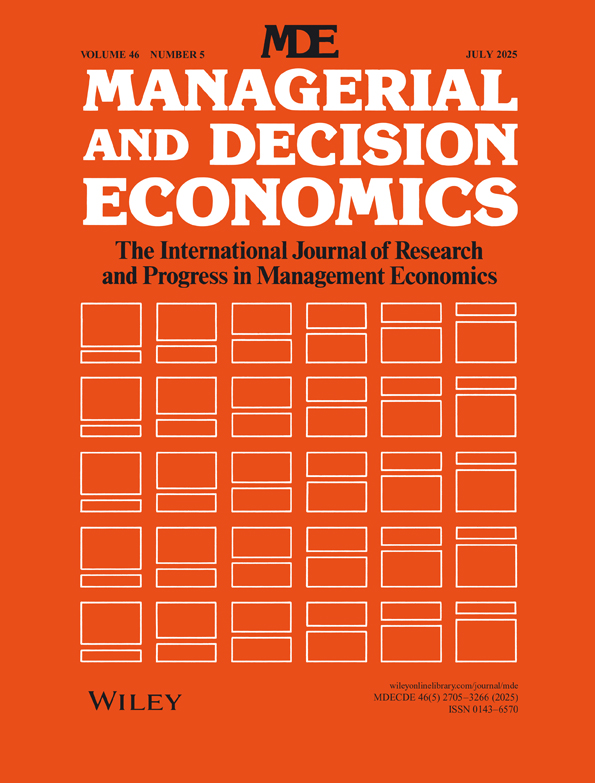A Study on the Co-Opetition Game Between Low-Carbon Supply Chains Under Carbon Cap-and-Trade Policy
Funding: This work was supported by the National Natural Science Foundation of China (Grant Number 72271164) and Shanghai Soft Science Research Key Project (Grant Number 19692104000).
ABSTRACT
Two competing low-carbon supply chains are modeled using a Nash game and a manufacturer-dominated Stackelberg game. This study explores equilibrium decisions and profit changes under six competitive models within a carbon cap-and-trade policy, focusing on low-carbon competition and cost reduction. The results indicate that although carbon quotas provide economic benefits, they do not drive emission reductions. Higher carbon trading prices incentivize reductions. Vertical cooperation and horizontal competition improve emission rates and reduce retail prices, whereas horizontal cooperation can harm profits. Optimal outcomes require enhanced collaboration within supply chains and government regulation of carbon trading prices to balance emissions reductions and profits.
Conflicts of Interest
The authors declare no conflicts of interest.
Open Research
Data Availability Statement
Data sharing is not applicable to this article as no datasets were generated or analysed during the current study.




